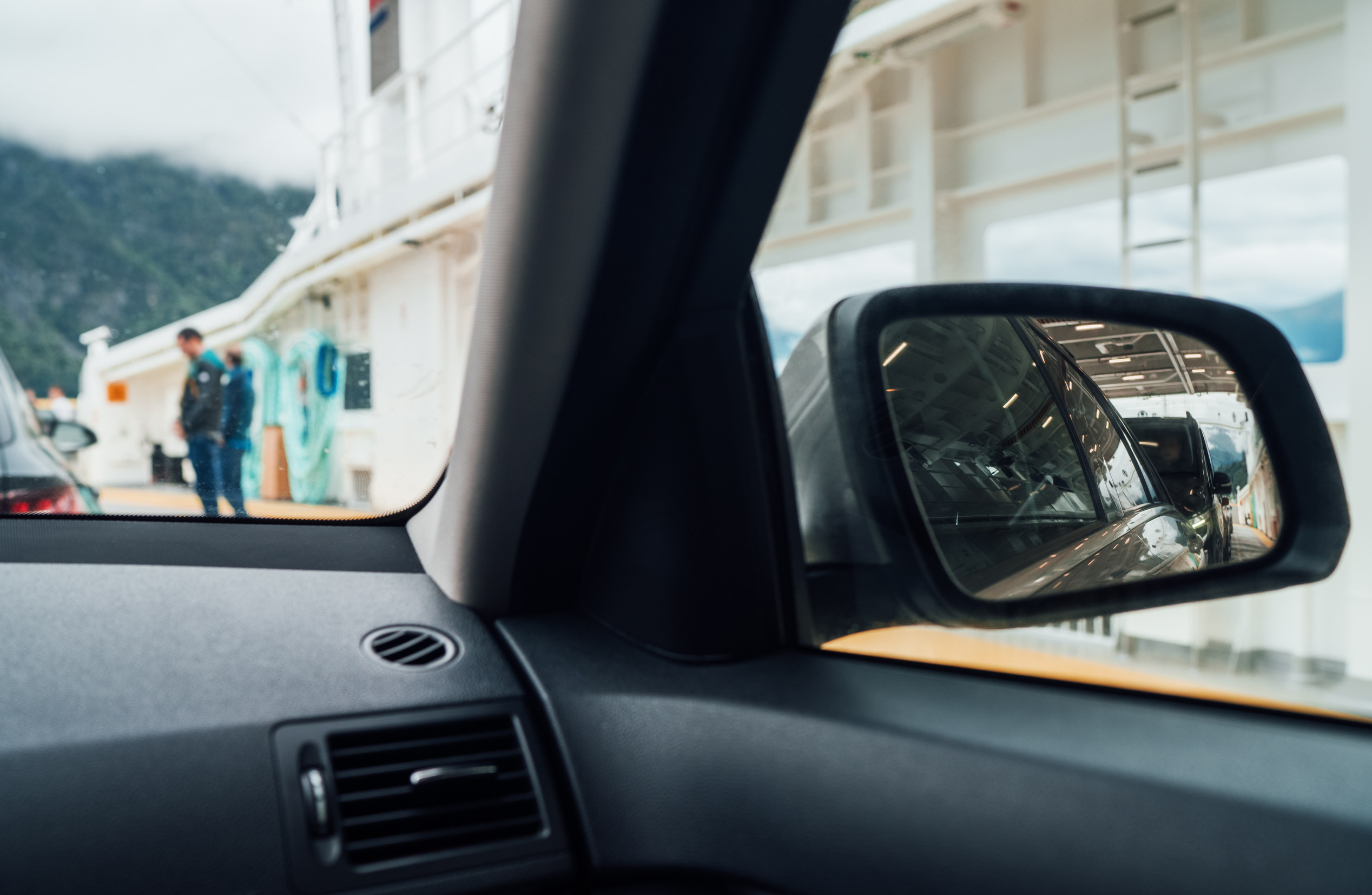It’s a sunny afternoon. You’re sitting at a red light, music playing, window cracked just enough to catch a breeze. Suddenly, someone walks up to your car—maybe they’re holding a cardboard sign, maybe they’re gesturing politely, maybe they just look like they need help. Your hand inches toward the window button, because hey, what’s the harm in being kind, right? But in that moment, your instincts deserve more credit than your reflexes.
This isn’t about fearmongering or losing your faith in humanity. It’s about balancing compassion with caution, and understanding that while helping others is noble, doing so from your driver’s seat comes with real risks. The world isn’t always as harmless as it looks through a car window, and that thin piece of glass might be doing more than just keeping the air conditioning inside. Before you lower it in the name of kindness, consider the bigger picture.
The Illusion of Safety in Your Car
Cars feel like personal bubbles—safe, controlled environments where you can shut out the world. That illusion often makes people forget just how vulnerable they become when they lower their defenses, even slightly. Rolling down your window breaks that barrier, sometimes more literally than you might think.
Strangers on the street can quickly become threats, especially when you’re trapped by traffic or sitting idle. A closed window isn’t just a comfort—it’s a shield, and removing it invites the unknown.
Not Everyone Has Good Intentions
It’s a harsh truth, but not every person approaching your car has honest motives. Some people take advantage of your empathy, using it as a tool to distract, deceive, or even rob. There have been countless incidents where a driver’s kindness was met with aggression or manipulation.
Whether it’s a staged emergency, a rehearsed sob story, or a sudden demand, it’s hard to predict what’s real and what’s a setup. Trusting blindly in these moments can turn a good deed into a regrettable mistake.
Your Reactions Are Limited Behind the Wheel
When you’re in your car, especially in traffic or at a light, your options for escape or self-defense are seriously limited. You’re buckled in, probably focused on the road, and your mobility is far from ideal. If someone tries to reach in or causes a scene, your ability to respond is slowed by your position. The enclosed space gives you less room to act, and depending on your surroundings, your options might narrow to none. A simple window roll can change your safety status in seconds.
Emotional Manipulation Happens Fast
People who approach cars often rely on a specific kind of emotional playbook—they aim to trigger your guilt, sympathy, or panic in a flash. You might hear about a sick child, a flat tire, a lost wallet, or a dangerous situation that needs urgent help.
These stories, true or not, are designed to override your logic with emotion. It’s hard to weigh the facts when someone’s staring at you through glass, looking desperate and pleading. But that’s when critical thinking matters most—don’t let pressure replace caution.
There Are Safer Ways to Help
Compassion doesn’t require compromising your safety, and there are countless ways to assist others without putting yourself at risk. Supporting local shelters, donating to verified organizations, or even calling emergency services if someone seems genuinely in distress are all better options.
You’re not heartless for not engaging directly—you’re smart for considering the risks before acting. It’s possible to be kind without being vulnerable, and thinking twice doesn’t make you cold; it makes you wise. Protecting yourself ensures you can help others tomorrow, too.
Scams Are More Common Than You Think
Many road-side approaches are rehearsed schemes, repeated over and over in high-traffic areas because they often work. Some individuals or groups make a living targeting unsuspecting drivers with practiced lines and carefully crafted props. You might think you’re offering a lifeline when really you’re fueling a routine operation.
These interactions blur the line between need and exploitation, and you rarely get to know the difference in the moment. Remaining skeptical doesn’t make you paranoid—it helps you avoid being played.
Distraction Can Lead to Bigger Dangers
A person approaching your car can be more than a solo actor—they might be part of a coordinated distraction. While your attention is focused on one person, another could be targeting your passenger side, your belongings, or even your car itself. In some cities, these tactics are common, especially during rush hours or in secluded areas. A friendly face can mask a setup, and being distracted at the wrong time can cost you more than a few dollars. Awareness is your best defense, and keeping your window up preserves that edge.
Your Gut Often Knows First
That small, uneasy feeling in your stomach when a stranger approaches your car isn’t paranoia—it’s instinct. Humans are wired to pick up on danger cues, even subtle ones, long before the conscious mind catches up.
Ignoring that inner warning often leads to regret, while trusting it usually keeps you safe. If something feels off, don’t hesitate to prioritize yourself, even if it feels awkward or impolite. Your intuition is one of your sharpest tools—use it before you use your window switch.
You’re Not Obligated to Engage
There’s a social pressure that creeps in when you’re face-to-face with someone asking for help—it makes you feel like ignoring them is wrong. But the truth is, you are not required to engage, explain, or justify your choice to stay safe. You’re not being cruel; you’re being cautious. Politeness shouldn’t come at the cost of security, and declining an interaction doesn’t erase your compassion. Boundaries matter, even in traffic.
Every Situation Isn’t Yours to Solve
In a world overflowing with need and urgency, it’s easy to feel like you should do something every time someone asks. But the truth is, you can’t fix every problem, and trying to do so from your car window might not even be the best route. You’re allowed to drive past, to stay quiet, to focus on your own path. Helping responsibly means knowing your limits and choosing safe ways to contribute. Not every call for help is yours to answer directly.
Stay Safe On And Off The Road
Rolling down your window might feel like a small act of humanity, but it’s a doorway to risk that many overlook. The best decisions come from a place of awareness, not impulse, especially when your safety is on the line. You can be a good person without putting yourself in a vulnerable position. Let your care be smart, your instincts be trusted, and your actions be intentional.
If you’ve ever had a moment like this—or have thoughts on how to balance compassion and caution—drop a comment below.
Read More
14 Weird Adjustments We’ll All Make If Self-Driving Cars Take Over
Thinking About Test Driving a Used Car



Leave a Reply